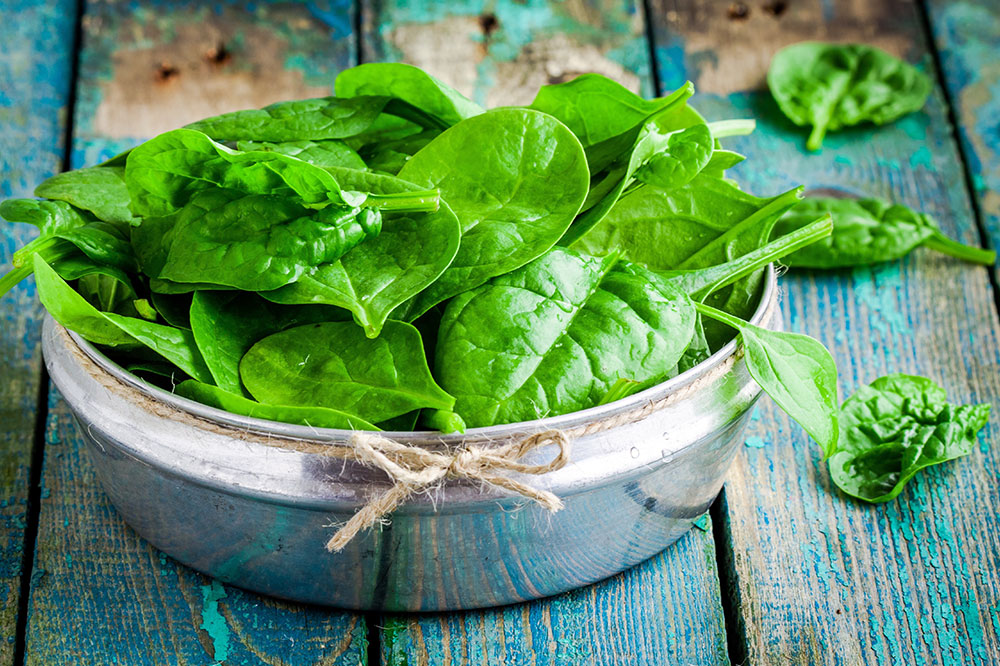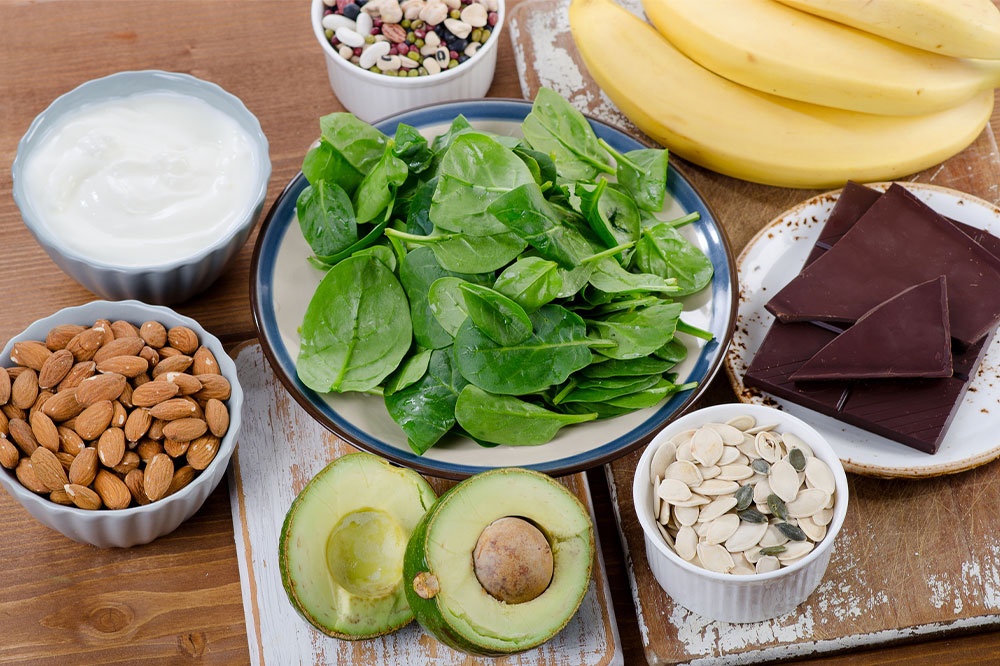Effective Strategies for Managing and Preventing Migraine Pain
Discover effective methods to manage and prevent migraines with lifestyle changes, home remedies, alternative therapies, and dietary tips. Learn trusted resources for ongoing support and information.
Sponsored

Migraines are intense, recurring headaches often accompanied by symptoms such as nausea, light and sound sensitivity, gastrointestinal discomfort, and physical weakness. Treatments vary based on how frequent and severe the symptoms are. For those with intense migraines, a combination of pain relief and preventive medications may be recommended. Additionally, avoiding triggers and adopting healthier habits are vital. Read on for practical self-care tips, alternative therapies, and dietary suggestions to help manage migraines effectively.
Home remedies to alleviate migraines
Essential oils – Applying lavender oil to the temples or inhaling it can provide swift relief during a migraine. Mint or peppermint oil on the forehead can also help ease headaches.
Acupressure – Applying gentle pressure to specific points on the body can reduce headache intensity and associated symptoms like nausea.
Yoga – Gentle yoga, including breathing and meditation practices, can relieve stress and minimize migraine episodes.
Rest – Resting in a dark, quiet environment can calm the brain. Using hot or cold compresses may also help relax nerves and alleviate pain.
Alternative treatments for migraine relief
Besides medical intervention, several alternative therapies may help reduce symptoms. Always consult a healthcare professional before trying new options.
Acupuncture – This traditional technique involves inserting needles into specific points, which can diminish migraine pain according to multiple studies.
Biofeedback – A technique where sensors monitor physical responses, helping individuals control stress-induced reactions during migraines.
Cognitive Behavioral Therapy (CBT) – CBT can be effective if stress worsens migraine symptoms, by addressing negative thoughts and behaviors related to pain.
Herbal and supplement options – Herbs like feverfew and butterbur may help prevent migraines, but use under medical supervision. Supplements such as vitamin B2, coenzyme Q10, and magnesium can also reduce attack frequency. Caution is advised for pregnant women and those with health conditions.
Massage therapy – Regular massages improve circulation and help manage stress, potentially reducing migraine frequency over time.
Dietary choices to prevent migraines
Maintaining a healthy diet can be crucial for those suffering from severe migraines. Incorporate nutrient-rich foods such as:
Dark leafy greens
Whole grains
Sweet potatoes
Legumes like black beans and peas
Nuts including almonds and cashews
Seeds such as sesame and sunflower
Vegetables like summer squash and carrots
Brown rice
Fatty fish such as salmon, mackerel, and trout
Fruits like berries, pineapple, melon, apricots, and papaya
Foods to avoid to prevent triggers
Full-fat dairy products
Refined carbohydrate foods
Citrus fruits
Alcohol, especially red wine
Caffeinated beverages
Processed meats and foods with additives
Chocolate and sugary snacks
Ice creams and cold drinks
Aged cheeses
Artificial sweeteners
Reliable resources for migraine awareness
For trusted information, research updates, and support, consider reaching out to organizations such as:
American Migraine Foundation
American Headache Society
Association of Migraine Disorders
International Headache Society
Migraine Research Foundation
National Headache Foundation






